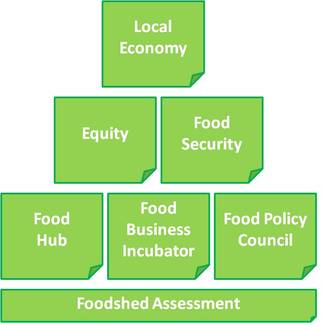
Last night, I had the chance to present my findings and solutions for building a sustainable food community at the Tools for the Table speaker series in Truckee hosted by the Genesa Living Foundation. It felt like I was defending my thesis but fortunately, the audience took it easy on me and didn't challenge my proposal ;)
The pyramid to the left sums up my theory in a nutshell. To have a sustainable food system, you must have the building blocks to support it. First, you need a foodshed assessment in order to measure your community's food security against its dependence on the national food system. A foodshed assessment will provide a food policy council the information they need to develop a food plan for their society. The formation of a regional food hub will provide a market which will encourage more local food production. And those new food producers will be born from farmer and specialty-food incubator programs.
Once there is a solid foundation, equity will start to be seen in the supply chain starting with the grower all the way to the consumer. As more land is put into agricultural production and partnerships are developed with food, abundant, regional neighbors, the community will become more food secure. Financial incentives which encourage consumers and businesses to spend money locally will be implemented to build the regional food system. Regional networks keeps money circulating locally. When money stays local it stimulates the local economy to make it more prosperous and resilient. Whatcha get is a sustainable food community!

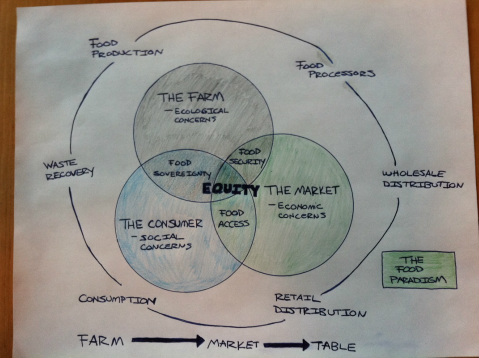
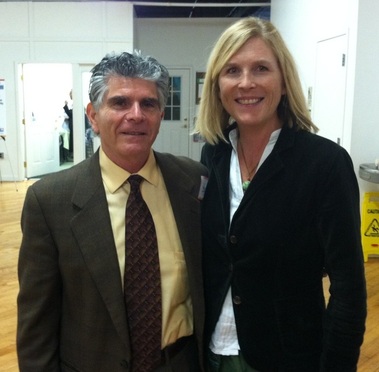
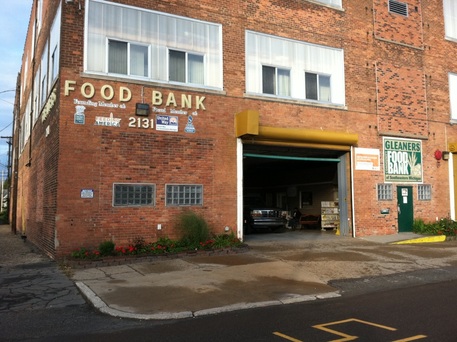
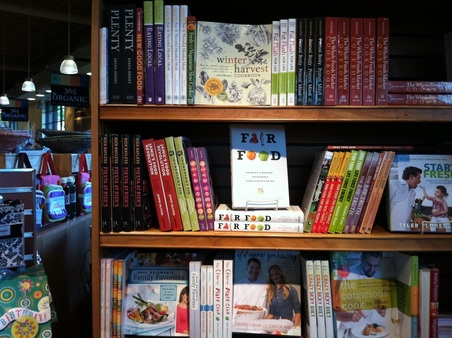


 RSS Feed
RSS Feed
